Tempo-iMono™
Human iPSC-derived CD14+ Monocytes
Tempo-iMono™
Human iPSC-derived CD14+ Monocytes
Monocytes are specialized leukocytes, a type of white blood cell. They are the largest specialized type of leukocytes and can differentiate into macrophages and myeloid lineage dendritic cells. As part of the vertebrate innate immune system, monocytes influence the process of adaptive immunity. The classical monocyte is characterized by high level expression of the CD14 cell surface receptor. Monocytes are differentiated from hematopoietic stem cells (CD34+ stem cells). In the blood, monocytes represent 3-8% of leukocytes. Monocytes circulate in the bloodstream and enter into tissues throughout the body in order to differentiate into macrophages or dendritic cells.
Monocytes, macrophages, and dendritic progenies serve three main functions in the immune system: phagocytosis, antigen presentation, and cytokine production. Phagocytosis is the process of uptake of microbes and particles followed by digestion and destruction of the material. Monocytosis is the state of excess monocytes in the peripheral blood. It may be indicative of various disease states or infections. Examples of processes that can increase a monocyte count include: chronic inflammation, stress, Cushing’s syndrome, granulomatous disease, necrosis, viral fever, and sarcoidosis. Monocytes can produce cytokines: TNF, IL-1, and IL-12. These cytokines are produced by microbial products that activate monocytes as pro-inflammatory reactions. Many factors produced by other cells can regulate the chemotaxis and other functions of monocytes: monocyte chemotactic protein-1 (CCL2), monocyte chemotactic protein-3 (CCL7), arachidonic acid (Leukotriene B4), 5-Hydroxyicosatetraenoic acid, 5-oxo-eicosatetraenoic acid family of OXE1 receptor agonists (e.g., 5-HETE and 5-oxo-ETE), N-Formylmethionine leucyl-phenylalanine and other N-formylated oligopeptides.
Tempo-iMono™ cells are reprogrammed from human iPS-derived multipotent progenitor cells, using integration-free induced pluripotent stem cell (iPSC) lines using a fully defined proprietary serum-free, virus-free, nucleic-acids-free, feeder-free, and integration-free technology. They are maintained as suspension cultures under defined cell culture conditions. Tempo-iMono™ cells express CD14, CD68, CD71, CD115, and CD156c (mRNA analysis shown above). Tempo-iMono™ also express CD11b and CXCR3.
Applications
Tempo-iMono™ are intended for basic scientific research, drug discovery and therapeutics development use only. It is not a product for human testing or diagnostics.
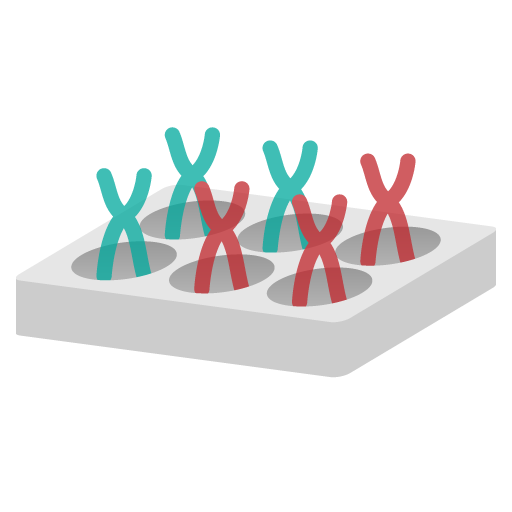
Phenotypic Assays

High Content Imaging
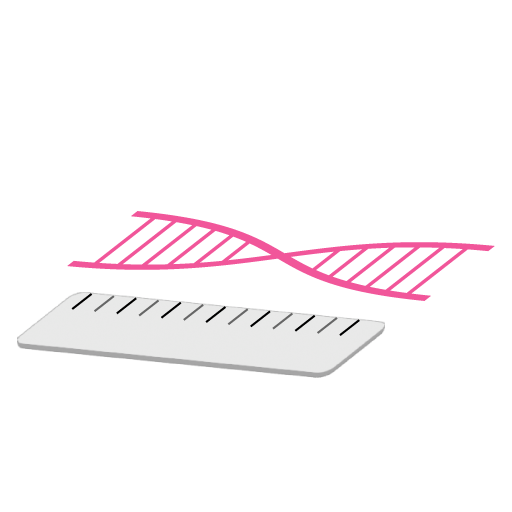
Biomarker Discovery
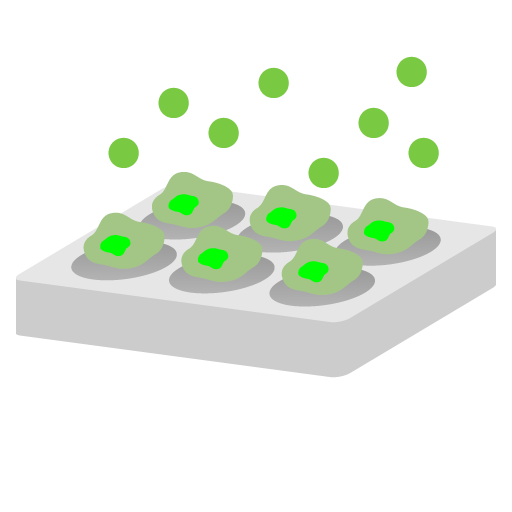
Cytotoxicity Assays
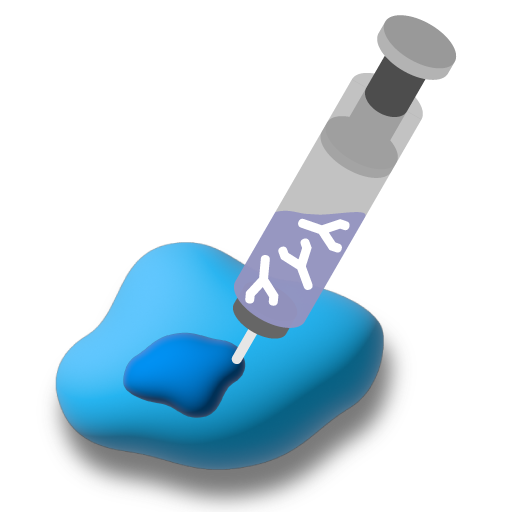
Target Validation
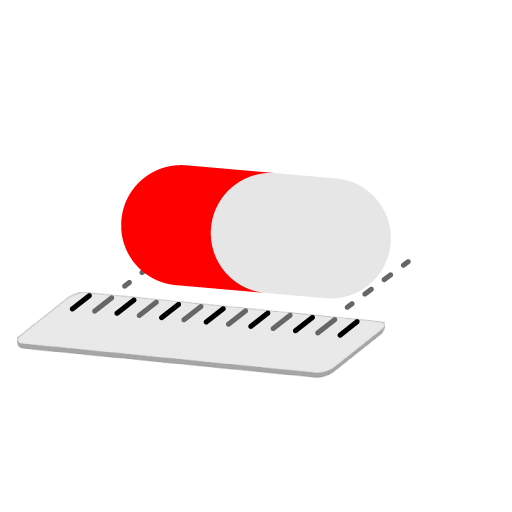
Lead Optimization

Investigative Toxicology

Nonclinical Efficacy Evalutions

Live-cell Imaging
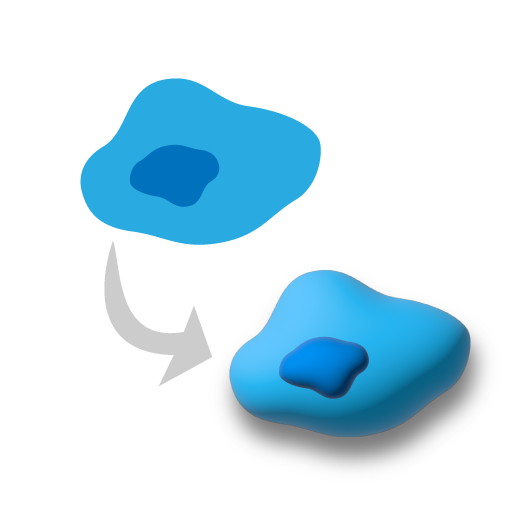
2D & 3D Cell Culture
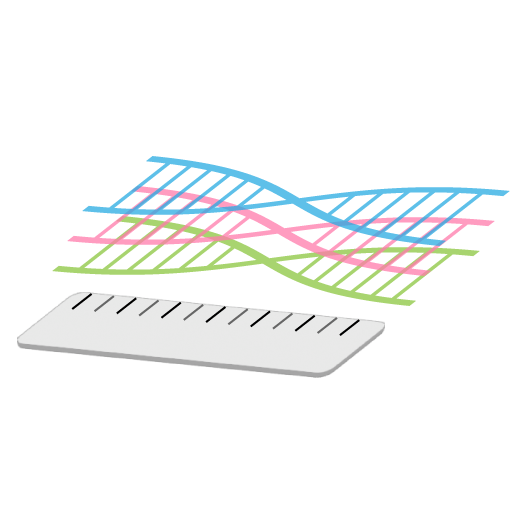
Biomarker Authentication
Specifications
>0.5×10^6 cells per 1ml of freezing medium (vial)
Long-term Storage: liquid nitrogen
Growth Properties: suspension culture
Storage: remove cryovials (dry ice packaging) and place the vial into liquid nitrogen for storage. Alternatively, thaw and use the cells immediately.
Technology used: an in-house developed proprietary serum-free, virus-free, nucleic-acids-free, feeder-free, and integration-free technology.
QC: Sterility, Safety (BioSafety Level 2), HIV/viruses, bacteria, fungi: negative. Cell viability post-thawing (>90%)
Tempo-iMono™ SKU211
